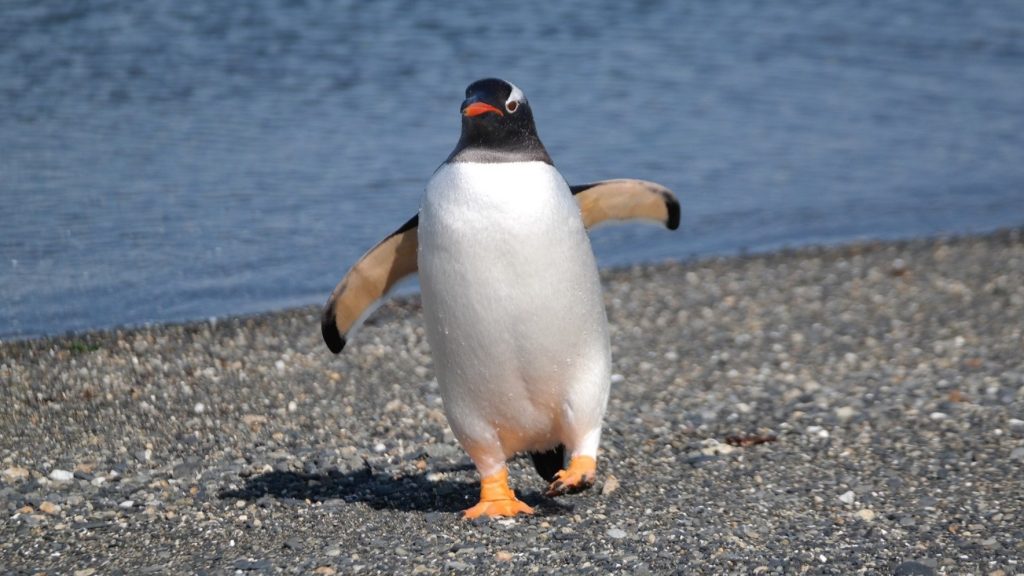Here’s how the lost bird may have ended up so far from home.
Others are reading now
Beachgoers in Denmark, Western Australia, couldn’t believe their eyes when a one-meter-tall emperor penguin waddled ashore, far from its icy Antarctic habitat.
Local authorities found the bird malnourished, and it is now being cared for by certified zookeeper Carol Biddulph.
The unusual appearance of the emperor penguin—a species that typically lives more than 3,500 kilometers (2175 miles) away in Antarctica—has left many wondering how it ended up so far from home.
Belinda Cannell, a marine biologist at the University of Western Australia, suggests the penguin likely followed an ocean current a little too far north.
Also read
“Emperor penguins rely on ocean currents to locate food,” Cannell told ABC News, “but this penguin may have drifted far beyond its usual range in search of fish and squid.”
Though currents typically keep them closer to the Antarctic region, this one may have swept the penguin toward Australia, a much warmer and unfamiliar place.
Emperor Penguin: The Antarctic Traveler
Emperor penguins are the world’s largest penguin species, thriving in extreme Antarctic conditions, both in icy waters and on land, where temperatures can drop as low as minus 60 degrees Celsius.
The climate in Australia—where it is currently spring—must have come as a shock to the penguin, accustomed to the freezing Antarctic environment.
These remarkable birds rely on fish and squid for sustenance, often diving hundreds of meters to catch their prey. Emperor penguins also share unique parental duties, with males taking over incubation duties for months after females lay their eggs.
During this period, the females embark on extended hunting trips, sometimes lasting up to two months.
What’s Next for the Lost Penguin?
The Department of Biodiversity, Conservation and Attractions (DBCA) in Australia is currently working to nurse the penguin back to health.
In a statement, Biddulph called it “fantastic” and “a privilege” to be a part of the penguin’s journey. While it’s not yet clear what will happen once the penguin recovers, the DBCA is assessing the best options for its future.


